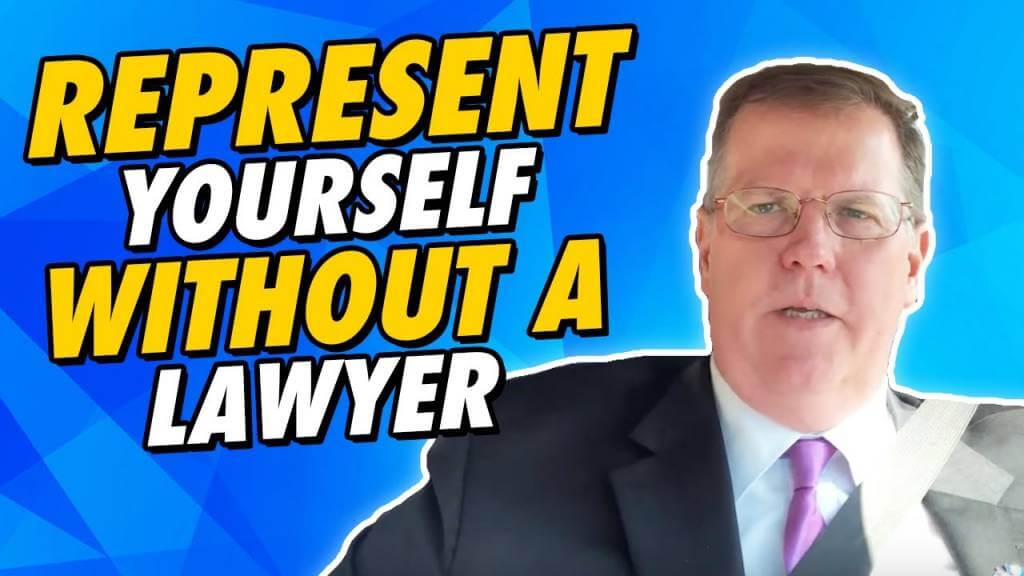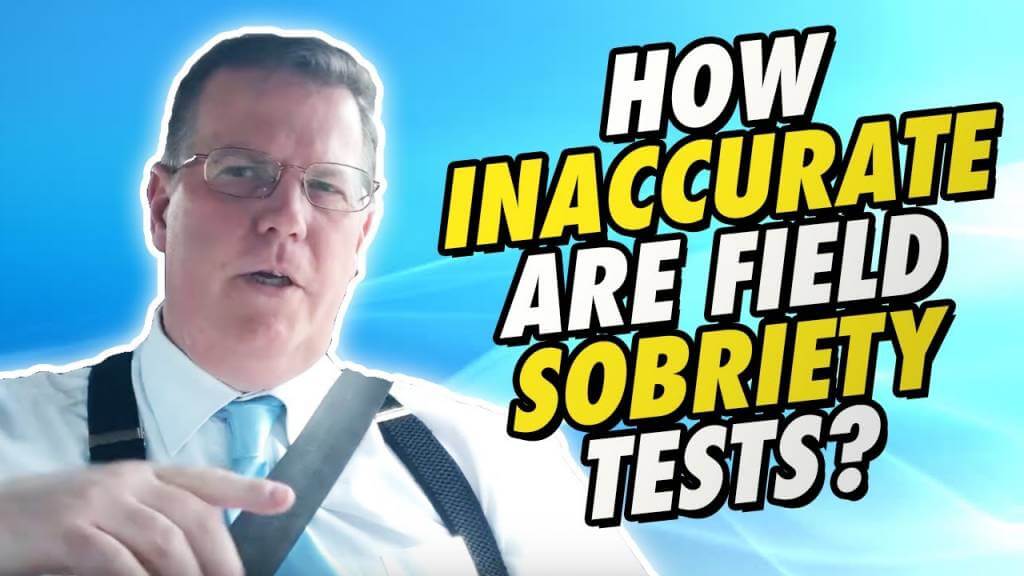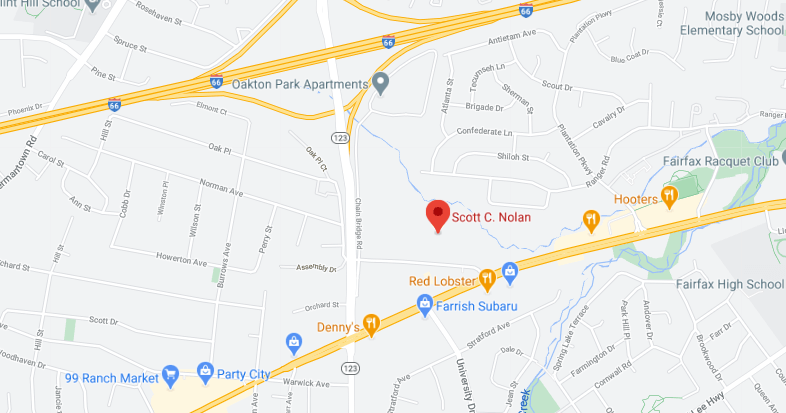A subpoena is a legal document that is used to summon witnesses who may have relevant information concerning a criminal case. The term subpoena originated from a Latin expression that means “under penalty,” as there are possible civil or criminal penalties for a witness who receives a subpoena to testify and chooses to ignore it. But how do subpoenas work in Virginia, and what should you do if you receive one? Our attorneys go over witness subpoenas in the Commonwealth and explain why ignoring one is a bad idea.
Who Can Be Ordered to Testify as a Witness in a Case?
Any person who may have information about a criminal case may be subpoenaed to testify. This is true for a person who may have been a participant in the case, an eyewitness, or someone who is believed to be in possession of documents or other evidence related to the case. In addition, a person who is a friend, relative, co-worker, or acquaintance of the defendant, or someone who may have had relevant conversations with the defendant concerning the case, may also be asked to testify.
Several parties in a case may subpoena witnesses. For example, the prosecution may summon a witness as the Commonwealth or a town, city, or county within the Commonwealth of Virginia. The defense may also summon a witness, such as someone who knows the defendant and can attest to their good character.
What Kind of Information Does a Subpoena Document Have?
When you receive a witness subpoena, it is important to stay calm and read the document thoroughly in order to understand why you are being subpoenaed, by whom, and where and when you are supposed to appear. In general, the subpoena document will include the name of the party summoning you as a witness (which could be the state, the defendant, or even a juvenile), the reason why you are being called to testify, and whether you need to respond to the subpoena in any way.
In addition, the document may also contain details about whether the case is being handled by a federal investigative jury, a state grand jury, or a multijurisdictional jury. The subpoena may also require you to bring certain documents to present as evidence during your testimony. If you are unsure about the details of your subpoena, you may want to contact the party who issued the subpoena or talk to a criminal defense attorney.
What Should You Do After Receiving a Subpoena?
As mentioned above, you will want to read the document and pay attention to important details, such as when and where the hearing or trial will take place. You are expected to appear at the scheduled place and time and bring any required documents. If the subpoena says you should provide a response within a deadline, you should be ready to do so and follow the instructions immediately, especially if you cannot attend the hearing for a compelling reason.
If you are not familiar with the party requesting the subpoena or are not comfortable communicating with them, you may request the help of a criminal defense attorney who can communicate with the other party on your behalf. Your attorney can help you learn more details about the case and the reasons why you are being asked to testify. Most importantly, it is never a good idea to ignore the subpoena and hope it goes away. If you fail to respond or appear in court, you may be facing significant civil or even criminal consequences.
What Happens if You Ignore the Subpoena or Don’t Want to Testify?
Ignoring a subpoena could be considered contempt of court. If you fail to appear at a hearing for which you’ve been summoned, you may be required to show up at a show cause hearing in which you will need to explain yourself to the judge and may be charged with contempt of court.
The only time you are not required to appear after being subpoenaed is if you do not receive a court-issued subpoena and are being asked to testify not by the court but by an attorney. If you are not a party to the case, an attorney cannot demand that you appear as a witness in court unless you receive a court document summoning you to do so.
In some cases, a witness may be hesitant or fearful to testify because they have been a victim of physical, psychological, or economic harm due to a violent crime. In these cases, there may be additional protection and resources available to victims, such as witness protection programs and separate waiting rooms in the courtroom when possible.
In other cases, a witness may refuse to testify if their testimony would violate a legally recognized confidential relationship, such as a doctor-patient relationship or an attorney-client relationship. Additionally, a witness could claim their Fifth Amendment rights if the answers they would have to provide as a part of their testimony could result in self-incrimination or point to the witness as an accomplice of the crime. However, these are exceptions that may not be applicable to every case.
If you have received a subpoena, have questions, or are not sure whether you should testify, contact the attorneys at The Law Office of Scott C. Nolan, PLLC. Our legal team can help you understand your subpoena, communicate with the other party, and explain your options. Contact our office at 703-688-9236 to learn more and see how we can help you.











